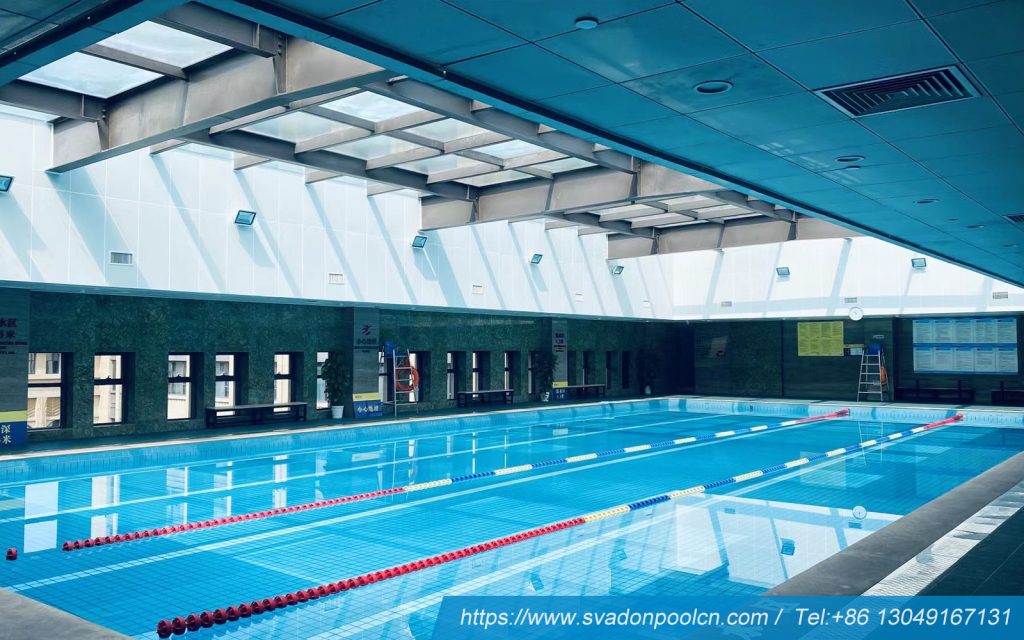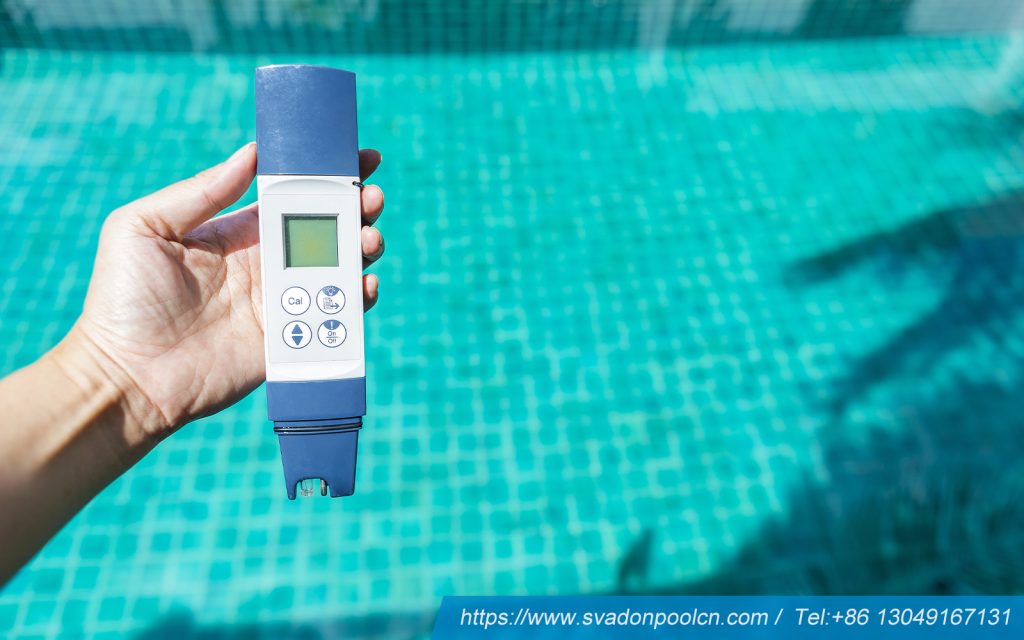As the summer vacation approaches, major swimming pools will usher in a large number of visitors. At the same time, everyone is also concerned about the hygiene of swimming pools. Healthy swimming is important, but don't be bothered by some common misunderstandings. Today, I will take you to unveil the mystery behind swimming pool hygiene...

Myth 1:
Can the sanitation and safety of the swimming pool only be guaranteed if all the water is replaced with new water?
According to the requirements of the "Sanitary Standards for Swimming Venues", artificial swimming pools must be equipped with pool water circulation purification and disinfection facilities and equipment, and the design parameters must meet the requirements of water quality treatment.
The water in the swimming pool is filtered and purified to make the pool water clear, and then disinfected and sterilized before being returned to the swimming pool for reuse. The pool water circulation purification and disinfection facilities must be kept in normal operation during business hours to meet the requirements of pool water disinfection. At the end of each day, the pool water circulation filtration and purification equipment will also be backwashed, and the backwash water will be discharged into the sewer, thereby ensuring the effect of pool water circulation filtration.
In addition, during the opening period, artificial swimming pools must also be replenished with new water on a daily basis according to the number of swimmers to further ensure that the pool water quality is in good hygienic conditions.
Myth 2:
Does smelling disinfectant water while swimming mean that the disinfectant exceeds the standard?
The state stipulates that the water in swimming pools must be disinfected. Most of the swimming pools open to the public now use chlorine-containing preparations to disinfect the pool water. The national standard for residual chlorine in pool water is 0.3-0.5mg/L. If the residual chlorine content in the pool water is too low, it will not achieve the disinfection effect. If the content is too high, it will irritate people's skin and mucous membranes.
Residual chlorine is a relatively volatile indicator. At present, most swimming pool operator use automatic chlorination devices. According to the residual chlorine content in the water, they can automatically start or stop the addition of chlorine-containing preparations to monitor the water quality in real time. Swimmers can make judgments based on the water quality self-inspection announcement in the swimming venue.

Myth 3:
If the swimming pool water doesn't look clear, it means it's unqualified?
The health supervision department has received many complaints about "the pool water doesn't look clear", suspecting that the pool water quality does not meet the standards. In hygiene, the indicator that reflects whether the water quality is clear is turbidity. According to regulations, the turbidity of the swimming pool is ≤5 NTU. Conventional water treatment can purify the turbidity to ≤2NTU under normal and reasonable operating conditions.
Test data in recent years show that the turbidity of the water quality in most swimming places can be controlled below 2 NTU. Therefore, the subjective feeling that the pool water is not clear does not mean that the water quality is unqualified.
Myth 4:
Are all physical discomforts after swimming caused by unclean pool water?
A small number of swimmers experience fever, rash and other physical discomforts after swimming. Although it cannot be ruled out that there is a problem with the pool water, it may also be caused by other reasons. For example, swimming during a cold can easily cause fever; if people with allergies do not rinse their bodies in time after swimming, their skin will develop rashes, etc. Therefore, if you feel unwell after swimming, you should seek medical attention as soon as possible to find out the cause and treat it early.

Myth 5:
Is there something fishy when swimming pool operators commission testing themselves?
According to relevant regulations, operators are obliged to regularly test the water quality of the pool water. If they do not have the testing capabilities, they can entrust the testing. Therefore, swimming pool operators can entrust a testing agency with legal qualifications to conduct water quality testing and issue a hygiene test report. Consumers can pay attention to whether the water quality test report published by the swimming venue contains the CMA mark.
There are indeed many common misunderstandings about swimming pool hygiene. Through scientific cognition, we can better protect our health. Look at swimming pool hygiene scientifically and enjoy safe and healthy swimming.
Foshan Guanya Swimming Pool Equipment Co., Ltd.
TEL/WhatsApp: +8613049167131

